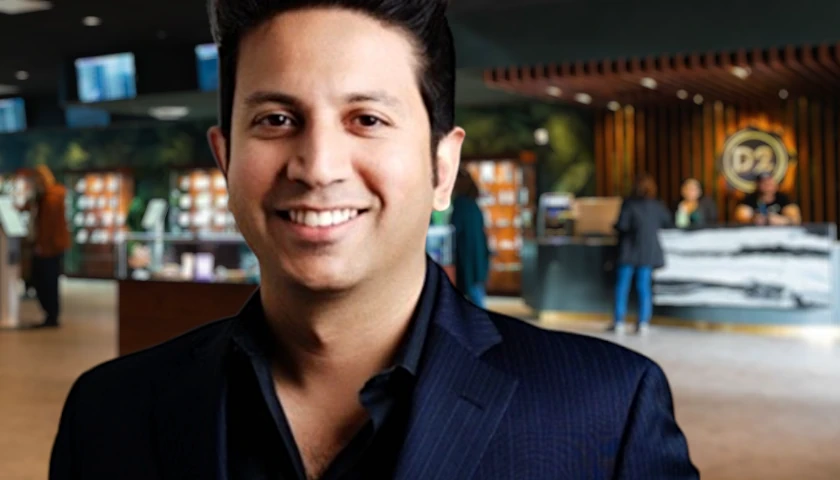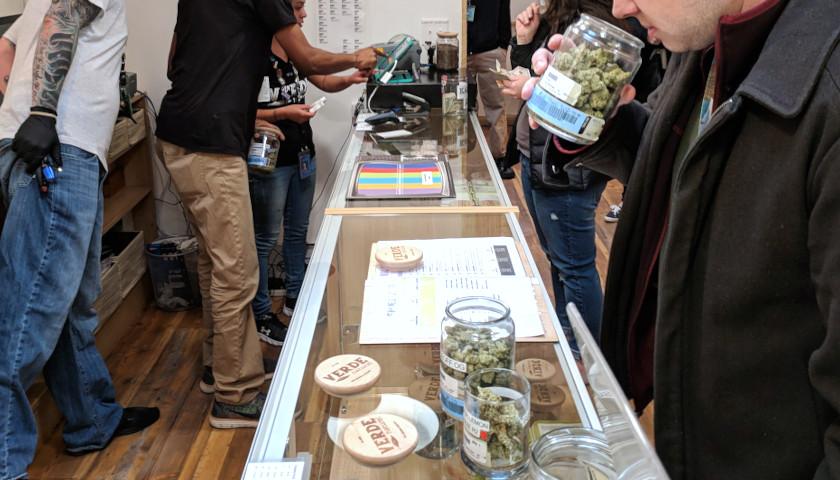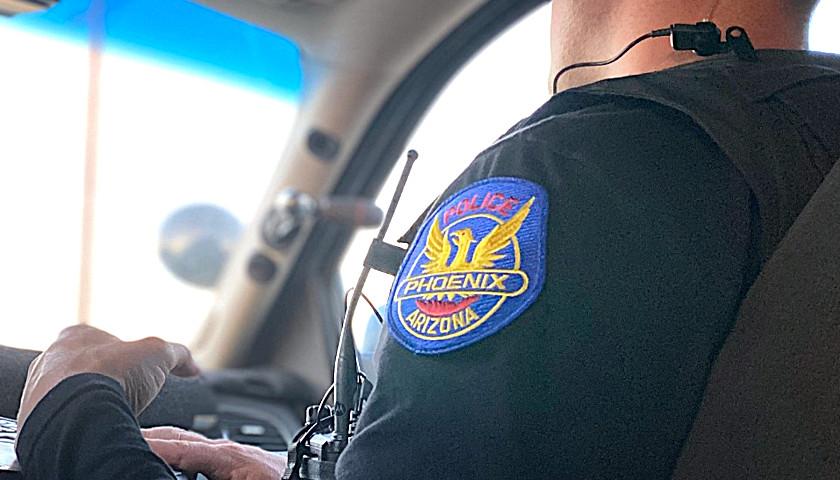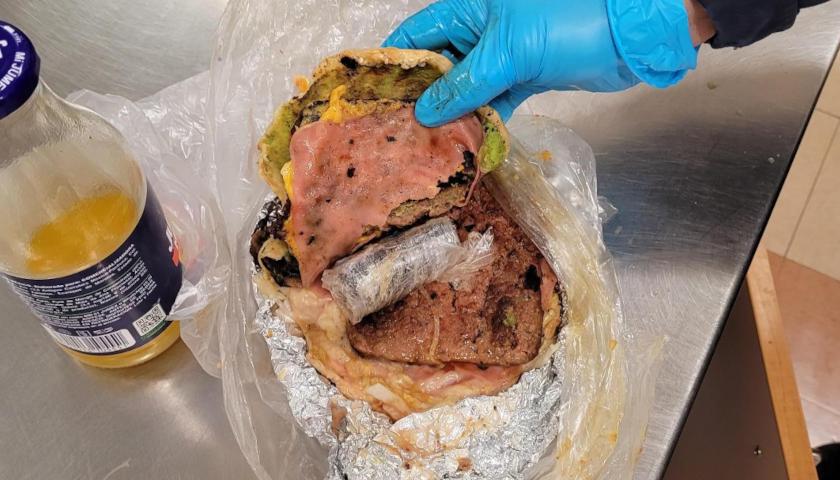Mohit “Moe” Asnani, a wealthy marijuana entrepreneur who contributed to Governor Katie Hobbs and other Democrats, is coming under fire for allegedly abusing the controversial Social Equity Ownership Program that was set up to award marijuana dispensary licenses to business owners affected negatively by previous laws restricting marijuana. Asnani is accused of preying on these disadvantaged dispensary owners, convincing them to give up their special licenses to him.
The Social Equity Ownership Program, which was established when Arizona voters passed Proposition 207 in 2020 legalizing recreational marijuana, granted 26 dispensary licenses to prospective owners who have had run-ins with the law related to marijuana, or are related to someone who has.
In order to qualify for the special license, applicants must control at least 51 percent of the business, and meet three of four possible criteria. They are: 1), “adversely affected by the enforcement of previous marijuana laws as demonstrated by an eligible cannabis conviction or expungement,” 2), immediately related to someone who fits (1), 3), lives at an address that “has been identified by the Department as being disproportionately affected by the enforcement of Arizona’s previous marijuana laws,” and 4) an income below 400 percent of the poverty level.
The special licenses, which are distributed through a lottery, are in addition to the regular dispensary licenses the state issues, which were around 130 in 2022. The special licenses are worth as much as $20 million each, according to the Tucson Weekly. They enable the less well-off owners to compete against large multi-state marijuana companies.
According to the Arizona Progress Gazette, Asnani (pictured above) and his colleague, Charles “Chip” Boyden, “target[ed] unsophisticated majority owners of entities awarded social equity licenses, and offer[ed] them lots of money.” As a result, only one of the original 26 majority owners still owns their original license without the help of a large corporate brand, and two others retained their original license but with assistance from bigger players.
Since 2020, Asnani contributed more than $30,000 to almost entirely Democratic candidates, of which $4,500 went to Hobbs, campaign finance records reveal. He contributed $25,000 to her inauguration fund, which received criticism afterwards for accepting money from wealthy special interests like him.
Even though she is not facing an election until 2026, Asnani gave Attorney General Kris Mayes $1,000 in February. He gave her $2,500 in January 2023, which was also after she’d been elected. Other recipients included Democrats of Tucson and ActBlue Arizona. The only Republicans he contributed to were a handful of more liberal Republicans like State Representative T.J. Shope (R-Florence) and former state legislators Kate Brophy McGee and Heather Carter.
Asnani’s company, AB46 Investments, boasts on its website homepage, “We don’t simply talk about ESG. With EcoPride, we are building a branded platform rooted in sustainable packaging.” The website includes a section for “AZ Social Equity Winners,” which warned the new owners with a countdown image that “Licenses expire in 18 months & your retail marijuana establishment must be operational before October 8, 2023. No matter what you have signed before today, you have legal options that you may not know about.” Owners could click on a link that asked them a series of questions related to acquiring the license.
According to the Progress Gazette, Asnani and his colleagues “take advantage” of those who qualify for the special licenses but don’t “have the know-how or the means ($4,000 per application)” to go through the process. The article explained that Asnani coerces the new owners into transferring the 49 percent interest shared by the owners’ colleagues to them instead, in exchange for a significant amount of money — often millions.
In one instance involving the dispensary Juicy Joint, the owners’ initial colleagues fought back and sued. They won, and the original social equity dispensary owner, Anavel Vasquez, “was expelled from Juicy Joint for breaching contractual and fiduciary duties.” The judge “threatened sanctions against MENVAS22 for litigation positions they had taken.”
The social equity program was designed to benefit minorities who were disproportionately prosecuted in the past for marijuana related crimes. However, according to Tyreese Williams, who owns one of two black owned marijuana businesses in Tucson, only 4.3 percent of marijuana businesses nationwide are owned by blacks, despite the fact blacks make up about 12 percent of the population.
– – –
Rachel Alexander is a reporter at The Arizona Sun Times and The Star News Network. Follow Rachel on X/Twitter. Email tips to [email protected].
Photo “Moe Asnani” by Moe Asnani and “D2 Dispensary” by D2 Dispensary.





